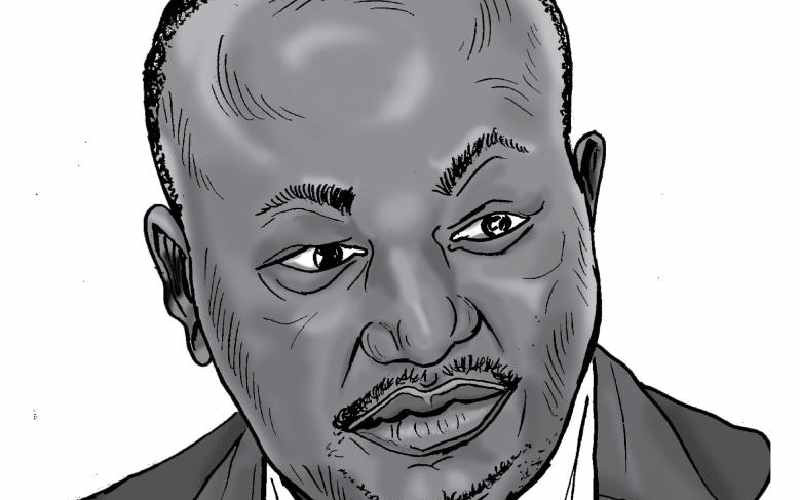
It is November, but to most city dwellers, it feels like May or June - cold, wet and sunny. Perhaps colder. The weather pattern is awfully unpredicatable.
For many of us, it has been akin to dancing to a confused genre of dance hall, reggae, R&B, rock & roll, bongo and benga all at the same time. Night and day are not the same anymore. Cold days give way to hot, humid and sticky nights. And vice versa.
Facts First
Unlock bold, fearless reporting, exclusive stories, investigations, and in-depth analysis with The Standard INSiDER subscription.
Already have an account? Login
 The Standard Group Plc is a multi-media organization with investments in media
platforms spanning newspaper print
operations, television, radio broadcasting, digital and online services. The
Standard Group is recognized as a
leading multi-media house in Kenya with a key influence in matters of national
and international interest.
The Standard Group Plc is a multi-media organization with investments in media
platforms spanning newspaper print
operations, television, radio broadcasting, digital and online services. The
Standard Group is recognized as a
leading multi-media house in Kenya with a key influence in matters of national
and international interest.




